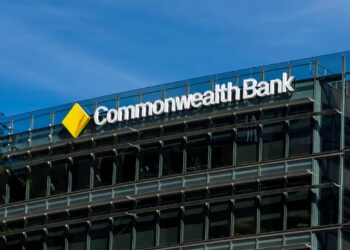Information Sheet 52 comes amid a Senate Economics References Committee inquiry into the performance of ASIC, which was launched following a Fairfax investigation into ASIC’s handling of whistleblower complaints against the CBA’s advice arm, Commonwealth Financial Planning.
ASIC made a lengthy submission to the Senate inquiry, defending its actions in relation to Commonwealth FP in August 2013, and Mr Medcraft will appear in front of the Senate committee at a public hearing in Sydney this morning.
In the new information sheet, ASIC lays out how whisteblowers can report important information to ASIC; how they will be communicated with; who exactly is a whistleblower; the protections available to whistleblowers under the law; and how ASIC deals with information from whistleblowers.
The release of the information sheet is “part of ASIC’s commitment to improve its communication and handling of information brought to its attention by whistleblowers”, according to the regulator.
In Information Sheet 52, ASIC acknowledges that whistleblowers often approach the regulator in “difficult and stressful circumstances”, and often at some risk to themselves.
“Accordingly, we give serious and dedicated consideration to the matters they raise,” ASIC says.
“If you are a whistleblower, we recognise that you will probably have an ongoing interest in the matter, and while we cannot, for confidentiality reasons, provide much detail during the course of our review or any subsequent investigation, we undertake to contact you regularly to update you as best we can,” the information sheet says.
“As a matter is actioned, a dedicated Whistleblower Liaison Officer within ASIC will contact you regularly,” it says.







